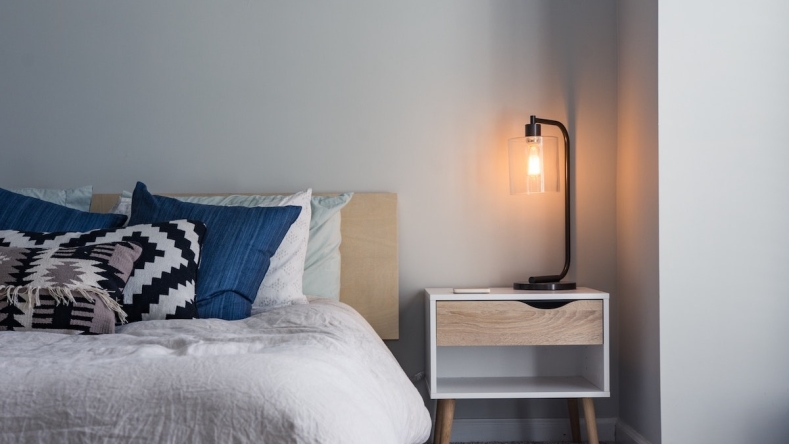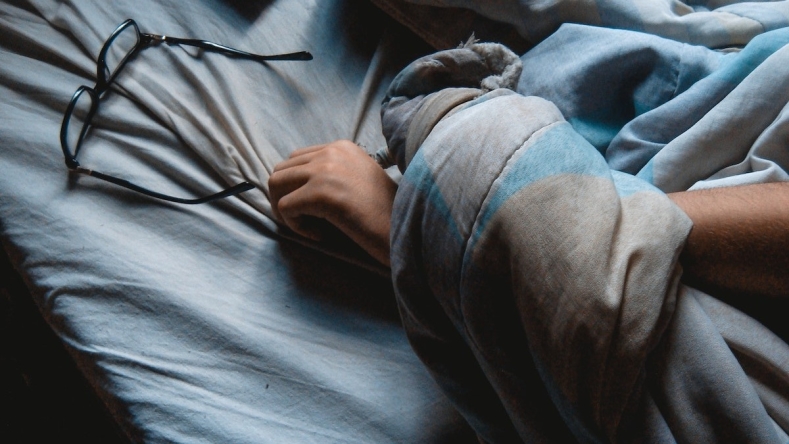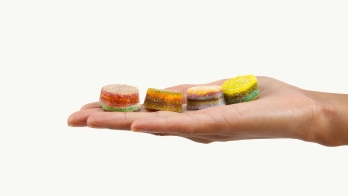Issue 5: Sleep as a superpower
Sleep is a glorious thing yet many of us don't get enough of it. According to the CDC, 35% of Americans get less than the recommended 7 hours a night, with adults 35-54 years old most likely to experience short sleep. Struggling with sleep? Here are some of the best reads from around the internet on the science of sleep and how to get a better night's rest.

Back in the 90s, burning the midnight oil was cool. Working late into the night was a badge of honor, proof that you had the chops to make it to the top. These days we're a little wiser. We know that those who don't get enough sleep are more likely to have accidents, get sick, struggle with their weight, and suffer from mood disorders. Getting enough shut-eye is essential for performing at your best in almost every aspect of life. Even if you're getting enough sleep, there's probably room for improvement. Perhaps your sleep quality could be better or you could spend less time counting sheep? With that in mind, we've rounded up the best content from around the web on the science of sleep and optimizing your zzzs.
1. Not losing weight? Sleep might be the answer.
Sleep deprivation alters hunger and appetite hormones, glucose regulation, and food preferences. Short sleepers are less likely to lose weight, even when they control calories.
2. Why you should choose sleep over work.
Short deprivation is associated with changes in hippocampal function, an area of the brain involved in learning, memory, and emotion. Get enough shut-eye to improve focus and retain more.
3. Why we sleep.
For centuries, scientists have tried to understand why we sleep yet it's still a bit of a mystery. Four main theories have been proposed for our lengthy slumber sessions:
Repair and restoration
Evolutionary theory
Information consolidation
The clean-up theory
4. Does sex hinder sleep?
Having sex before bed promotes sleep onset by releasing relaxation hormones, prolactin, and oxytocin. Moreover, adequate sleep appears to be important for sexual function.
5. Sleep deprivation and Alzheimer's disease.
New observational research indicates that people who sleep 5 hours or less are twice as likely to develop dementia compared to those who get 7-8 hours.
🚨 New podcast
Elo CEO, Ari Tulla, shares why he started Elo (and where we're going next!) on the Driving Force Podcast.
Hungry for more? Check out our articles page.

Disclaimer: The text, images, videos, and other media on this page are provided for informational purposes only and are not intended to treat, diagnose or replace personalized medical care.






